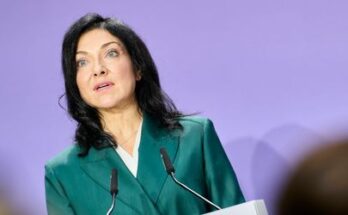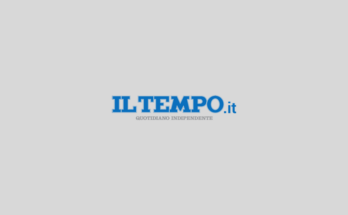The head of the Investigative Court Number 41 of Madrid, Juan Carlos Peinado, issued an order, known on Tuesday, with which he transfers to next Sunday, November 12, the statement of Judit Alexandra González Pedraz, the last high official of the Moncloa Palace accused by him in the case in which he is investigating Begoña Gómez, wife of the President of the Government. González Pedraz, arraigned this Wednesday, is the former director of the Department of Technical and Legal Coordination and, since March 2023, secretary general of the Presidency, replacing Francisco Martín Aguirre, the current government delegate in Madrid and also an accused in the case.
The judge accuses González of the alleged crime of embezzlement of public funds as the direct superior of Cristina Vázquez, advisor to Pedro Sánchez’s wife and also an accused. In his latest order, Peinado stressed that the people who held the position of the General Secretariat of the Presidency – first Martín and then González – should have known that the president’s wife carried out “a private job in a university, in this case the Complutense University of Madrid”. In this sense, Peinado argued in that resolution to accuse this high official of La Moncloa that “the crime of embezzlement can be committed, in the form of commission by omission, due to his position as guarantor, giving the corresponding orders or instructions so that said person”, in reference to Gómez’s advisor, “refrain from continuing with these private tasks”.
As the magistrate now specifies in the ruling, the change of date comes after Vázquez’s lawyer had asked for a postponement of the date initially set for that statement because that day he had proceedings in another court that would have prevented him from attending. Peinado also postponed until Sunday the statements of the three witnesses scheduled for Wednesday. They are, specifically, those of the former vice-rector of the Complutense University of Madrid Juan Carlos Doadrio, who handed over dozens of emails exchanged with Álvarez for the management of Gómez’s professorship; that of the president of the Business Institute (IE), Diego de Alcázar; and that of Miguel Escassi, director of Institutional Relations and Public Policies at Google Spain.



